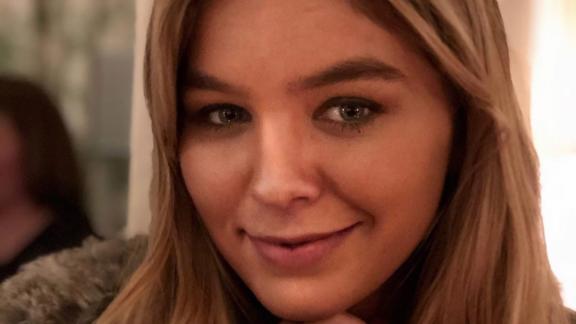
Saoirse Kennedy Hill, Granddaughter of RFK, Dies of Apparent Overdose
Twenty-two-year-old Saoirse Kennedy Hill, granddaughter of Robert F. Kennedy, was found dead on August 1st at the Kennedy family compound in Cape Cod. The New York Times, citing family sources, reported that Saoirse died of an overdose.
The Kennedys, a prominent family that has held leadership various positions in American politics since 1884, are unfortunately no stranger to traumatic events. With some even citing the family’s misfortunes as “the Kennedy curse,” the large extended family has experienced a tremendous amount of tragic loss—particularly at a young age—over the years, including those assassinations of John F. Kennedy, Jr., and Robert F. Kennedy himself.
Born to Courtney Kennedy and Paul Michael Hill in 1997, Saoirse spent part of her childhood in her father’s native Ireland, the nation from which her parents also got her name. A common baby girl name in Ireland, “Saoirse” means “freedom” or “liberty.”
When speaking to the New York Post, a source close to the family referred to Saoirse’s upbringing as “very difficult.” After her parents’ divorce in 2006, a pre-teen Saoirse relocated from Ireland to her mother’s family’s compound on Cape Cod.
The same family source noted that, “This girl is very sweet and a very shy girl who has struggled a lot with depression since her early teens.”
Depression During Adolescence: A Growing Crisis
In 2016, while attending Deerfield Academy in Massachusetts, Saoirse wrote a vulnerable and personal article that described her experiences with depression. The Deerfield Scroll piece revealed that Saoirse could trace her depression back to her childhood, though that she became “outwardly” affected by the disease in her sophomore year of high school.
The deeply affecting article, published on the school paper’s website, details Saoirse’s continued struggles with feelings of isolation and intense emotion.
Speaking of the summer before her junior year, she wrote, “My sense of well-being was already compromised, and I totally lost it after someone I knew and loved broke serious sexual boundaries with me. I did the worst thing a victim can do, and I pretended it hadn’t happened.”
This experience, she continued, led to an attempt of taking her own life.
In her article, Saoirse confirmed that she had sought professional treatment for her depression, even taking a medical leave of absence from school. As recently as a few months ago, a family friend revealed her mother Courtney was looking into further treatment options for Saoirse in California.
Depression in adolescents is a growing crisis. The pressures that teens face in today’s society are undoubtedly a factor in the increase of diagnosed (and undiagnosed) depression, with the National Institute of Mental Health reporting that depression onset is occurring earlier than ever before. For those children and teenager whose parents have experienced depression, the risk may be even greater.
Risk Factors for Depression
Beyond a family history, the US National Library of Medicinereports the following factors for depression in teenagers:
- brain biology and chemistry
- hormones
- stressful childhood events, such as trauma or abuse
Although depression can begin at any age, the teen years through early adulthood are a common time for symptoms to rise to the surface.
Remembering Saoirse
Saoirse’s grandmother, Ethel Kennedy, stated that the “world is a little less beautiful today,” following Saoirse’s death.
Many other family members also issued public statements, many of which cited her commitment to volunteer work and human rights. Saoirse was set to graduate from Boston College next year.
“She opened the door for her peers to also come out and not be shamed by this illness, and she’s a real hero in my family. She broke the silence,” said Patrick Kennedy, first cousin of Saoirse’s mother Courtney.
Patrick fought his own battle with addiction and mental health, and wrote in a series of tweets how proud he was of Saoirse’s willingness to share her story.
“Feel what she felt. Do whatever you can from your position in life to stop the isolation, the stigma, and the devastating lack of acknowledgement that often leads to tragedy. Families across the nation, including ours, are suffering. We must come out of the shadows,” he wrote.
As we remember the light that Saoirse brought to the world, we must pave the path for others to come forward in sharing their experience and to receive help, shedding the stigma that still affects so many who are suffering.